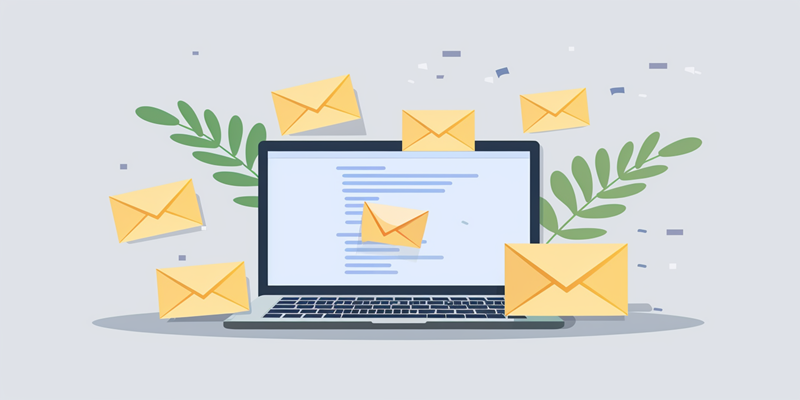In the digital marketing landscape, automated follow-up emails can be a powerful tool to keep your brand top-of-mind and convert leads into customers. Yet, these emails are often underused. Follow-ups ensure initial outreach efforts are not lost in a crowded inbox. Here, we’ll explore how to leverage follow-up emails for business growth.
Timing is crucial to avoid being intrusive or forgotten. Sending a follow-up a few days after initial contact is usually effective. Ensure follow-ups provide added value, including new information or personal insights. Personalized content is more engaging and effective.
Craft a compelling subject line to improve open rates. It should highlight the benefits and, if possible, create urgency. However, avoid pressurizing your potential customers.
Content should be concise and meaningful, with a clear call-to-action (CTA). Recipients should know exactly what to do next, like taking an offer, downloading a resource, or scheduling a consultation. Executed well, follow-up emails can turn lukewarm leads into loyal customers and support sustained business growth.
Recognize the Utility of Automated Follow-Up Correspondence
Automated follow-ups are more than repetition; they offer value that might draw a customer in again. These touchpoints can convert hesitant interests into sales and strengthen customer engagement, crucial for long-term loyalty.
Appreciate the Advantages of Automated Email Follow-Ups
Automated systems are transforming customer-business interactions. Targeting leads with precision, these systems can increase the conversion of prospects to customers by encouraging them to act. The result is better customer engagement and a stronger brand presence.
Such systems also enhance business efficiency, maintaining consistent communication with less manual effort. This leads to improved marketing that operates more effectively, improving trust and loyalty with customers.
Comprehend Automated Email Follow-Up Mechanisms
Select an automation platform that aligns with your business goals, offers customization, and integrates with your technology infrastructure. Consider platforms that scale with your growth and offer robust support to enhance your email strategies.
Formulate Your Automated Follow-Up Email Blueprint
Plan and execute a strategic campaign, setting goals and personalizing your approach. Categorize your audience and use templates with personal touches like names, past interactions, and geographical considerations. Timely emails based on user activity and behavior improve engagement and results.
Initiate Automated Follow-Ups on Gmail and Similar Platforms
Gmail’s native functions for follow-ups are limited but can be expanded with tools like GMass. Platforms like Microsoft Power Automate or ShopMagic can enhance Outlook and WooCommerce capabilities. Utilize these tools for impactful follow-up emails.
Adhere to Email Follow-Up Automation Best Practices
Enhance your email strategy using best practices:
a. Create valuable follow-ups that reflect your main marketing messages.
b. Maintain a friendly and respectful tone.
c. Use analytics to guide your email sequences.
d. Avoid mistakes such as poor personalization or mobile optimization.
e. Use A/B testing to find the most effective email variations.
By following these guidelines, businesses can make the most of automated follow-up emails, driving lead conversion and nurturing brand loyalty. Extend your knowledge with further reading and resources on email automation.

